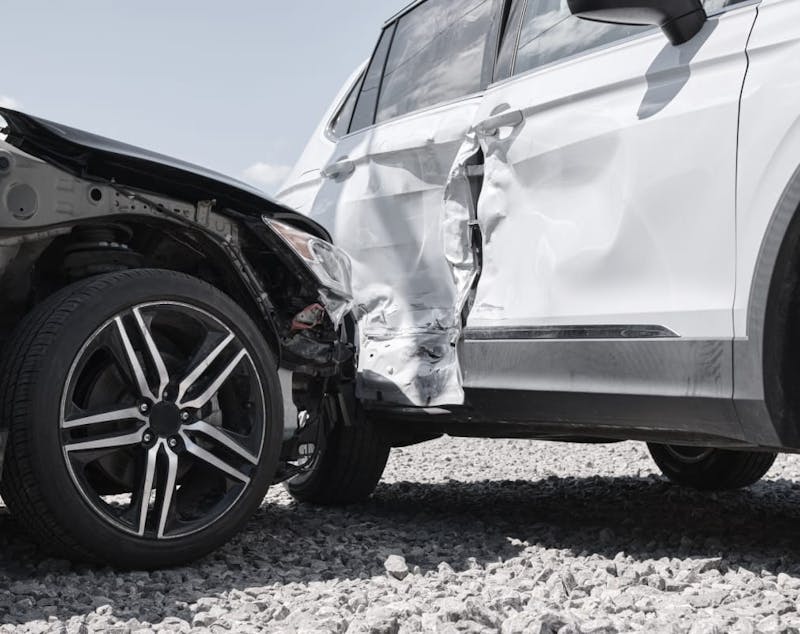In a landmark case that caught the attention of many, a Harris County jury awarded $15.3 million to Nancy Miller and the estate of her late husband, Stephen Miller, following a tragic car crash involving a Robbins Chevrolet Co. employee. The verdict, announced on April 16, 2024, underscores significant implications for personal injury law and corporate responsibility.
Stephen Miller suffered severe injuries when a Robbins Chevrolet employee, 19-year-old Luis Olivo, struck him while speeding in a Camaro. The impact resulted in a traumatic brain injury, among other serious injuries, which complicated Miller’s existing medical conditions, eventually leading to his death a year later.
During the trial, the jury found Olivo 80% at fault, largely due to his excessive speed, which far exceeded the 35 mph limit. Interestingly, the jury attributed 20% of the responsibility to Miller, who allegedly changed lanes unexpectedly in front of Olivo. However, the substantial award to the plaintiff’s side speaks volumes about the perceived negligence on part of Robbins Chevrolet and its employee.
The defense, led by attorneys Brandon C. Rees and Cory S. Reed, argued that there was no extreme risk involved in Olivo’s actions, classifying the incident as ordinary negligence. They contested claims of negligent entrustment, hiring, and training, along with denying any gross negligence. Yet, the denial of their motion for a partial directed verdict by Judge Tanya Garrison laid the foundation for the jury’s decision.
What makes this case particularly notable is the jury's response to the defendant's attitude during the trial. According to Ryan MacLeod, partner at Webster Vicknair MacLeod, lead attorney for the plaintiffs, the defendants' refusal to accept responsibility or to offer an apology significantly influenced the jury’s decision. This sentiment was echoed in the punitive damages awarded, which included $5 million out of the $12.6 million allocated to Stephen Miller for exemplary reasons.
The trial highlighted several procedural dramas, such as the absence of the police traffic incident report and controversies over expert testimony. The defense’s medical expert, Ernest Chiodo, faced scrutiny over his lack of certification in brain injuries, which contrasted starkly with the plaintiff’s expert, neurosurgeon Dr. Desh Sahni, whose detailed accounts of Stephen Miller’s injuries and their impacts were pivotal in the case.
Financially, the plaintiffs decided to nonsuit the medical damages, which totaled $69,000, to avoid diminishing the perceived severity of the injuries before the jury. Instead, they focused on non-economic damages such as pain, suffering, and loss of consortium, which led to Nancy Miller receiving $3 million.
This case is a compelling example of how juries can respond to perceived corporate indifference and the critical role of expert testimony in personal injury trials. It also highlights the strategic legal decisions made by plaintiff attorneys to shape the narrative and focus of the trial.
The verdict not only represents a significant financial judgment but also serves as a stark reminder of the responsibilities corporations have towards public safety and the severe consequences of their oversight. As this case concludes with a settlement, the legal community and corporate entities alike will likely watch closely to understand better how such outcomes might influence future conduct and litigation in similar scenarios.
